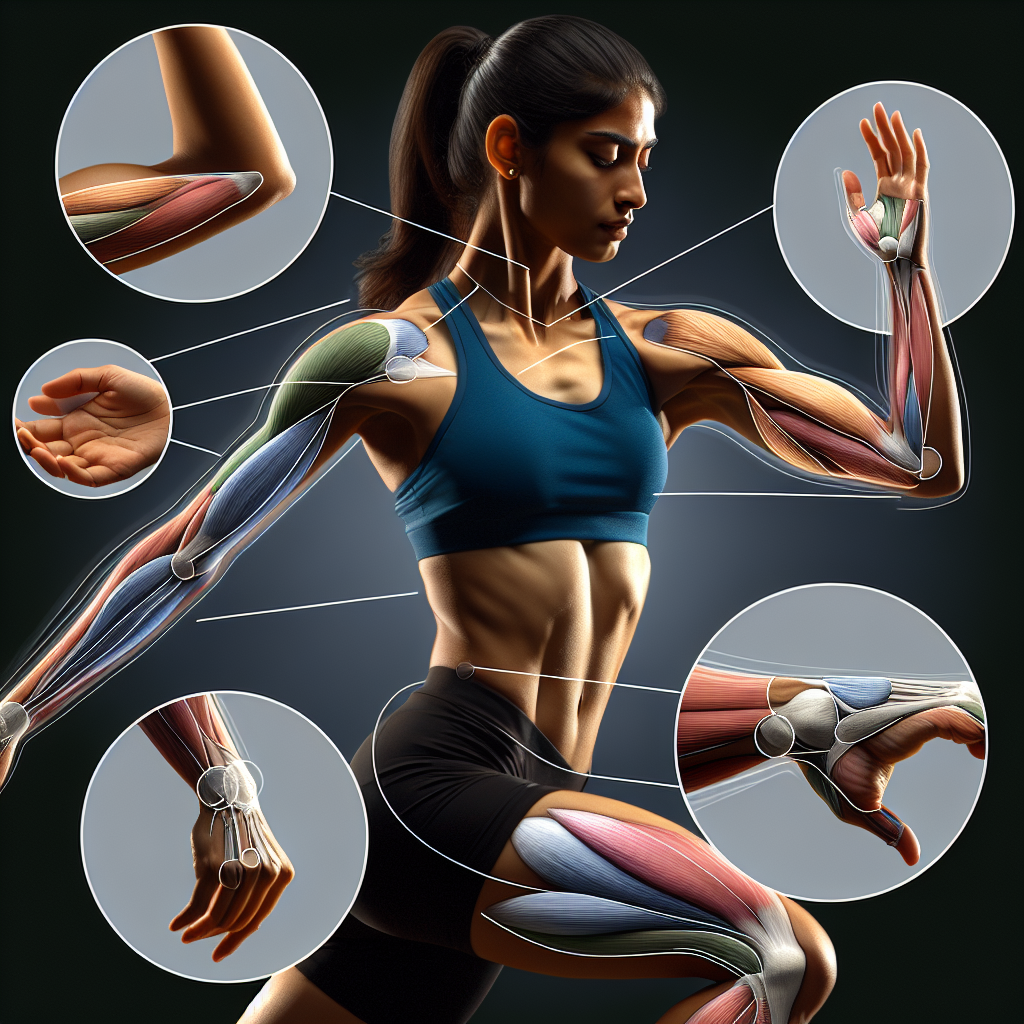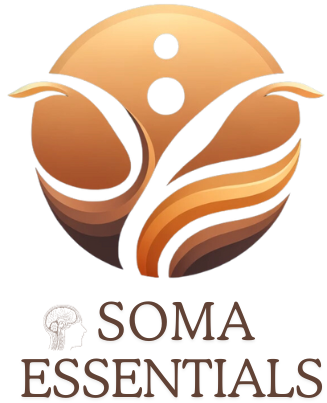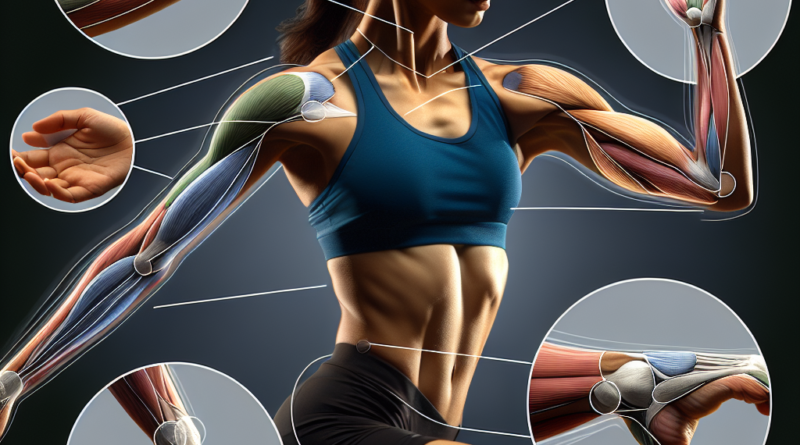Are There Any Benefits Of Body Awareness Specific To Athletes Or Sports Performance?
Unleash your athletic potential as you explore the realm of body awareness and its distinctive benefits in the vast arena of sports performance. From the rhythmic finesse of a ballet dancer to the explosive power of a weightlifter, the understanding and harmonization of one’s physical attributes could unlock unforeseen potential, transforming the everyday athlete into an epitome of excellence. This riveting article orchestrates a thoughtfully paced journey through the essence of body awareness, and just how it could be the game-changer you’ve been searching for in the competitive world of sports.

Defining Body Awareness
Understanding the concept of body awareness
Body awareness, often interchangeably used with the term “kinesthetic awareness”, is an inherent understanding of your body’s position in space and how it moves and functions. It’s a deep-seated comprehension of where each part of your body is and knowing how to control those parts consciously. The capability can be honed with practice, particularly in individuals who require extreme bodily control, such as athletes and dancers.
Interrelation between mind, body, and performance
The dynamic relationship between the mind and the body plays a pivotal role in performance, particularly in the realm of sports. Understanding the body’s current position, potential, and limits is as mental a process as it is physical. A conscious sync between the mind and body can boost understanding, control, and eventually, performance.
Impact on sports psychology
Sports psychology considers body awareness instrumental in harnessing optimum performance. Athletes with a high level of body awareness tend to handle stress better, reduce injury rates, and leverage their physical capabilities to maximum effect. It can enhance their confidence in their own physical skills and create a positive feedback loop, resulting in better performance.
Body Awareness and Performance Enhancement
Reasons why body awareness can improve performance
Body awareness can be a gamechanger when it comes to enhancing performance. When you understand your body perfectly, you can control your movements more efficiently, preventing errors and mishaps. It gives you the ability to fine-tune your actions according to the demands of your sport and helps you push your boundaries safely.
Case studies supporting the correlation
Research substantiates the correlation between body awareness and performance enhancement. A study involving dancers revealed a significant relationship between enhanced body awareness and performance. Similarly, among swimmers, heightened body awareness resulted in refined techniques and improved timings.
Differentiating between generic and sport-specific performance enhancement
While body awareness indisputably aids general performance, its impact is even more pronounced in sport-specific enhancement. Certain sports require precise control over specific body parts for efficient performance. Elite athletes often have an exceptional level of body awareness, allowing them to gain a competitive edge.
The Role of Mind-Body Connection in Sports
Importance of cognitive functions in sports
Cognitive functions play a vital role in sports, especially when it involves fast decision-making, concentration, and coordination. These mental processes can significantly influence an athlete’s performance.
Understanding the mind-body bridge
The mind-body bridge refers to the interconnection that allows your brain and body to communicate and control your actions consciously. An efficient mind-body connection can result in smooth, coordinated movements and better Athletic Performance.
Implications on performance and success
A strong mind-body connection can lead to improved performance by enabling precision, control, and coordination. These features are valuable in almost all sporting arenas, and athletes with a well-developed mind-body connection frequently excel in their domains.
Boosting Body Awareness Among Athletes
Methods and techniques
Developing body awareness in athletes involves various techniques. Physical practices such as yoga and Pilates can improve kinesthetic sense. Mindfulness meditation can enhance mental clarity, enabling better mind-body sync. Sensorimotor training and balance exercises are other effective ways to boost body awareness.
Role of coaches and trainers
Coaches and trainers play a crucial role in building an athlete’s body awareness. They design sport-specific exercises that focus on improving an athlete’s understanding and control over their body parts. They also provide constructive feedback to help refine the athlete’s movements and strategies.
Long term and short term strategies
Body awareness enhancement should be a long-term strategy for athletes. While short-term techniques like muscle relaxation exercises and balance-enhancing workouts can show quick benefits, long-term practices like mindfulness and yoga have shown to provide sustainable improvements in body awareness.
The Psychological Perspective
Influence on self-confidence
A keen body awareness has a positive impact on self-confidence. Athletes who are aware of their bodies’ potential and limitations have higher self-esteem and feel more confident about their skills, which often translates into better performance.
Aiding in controlling performance anxiety
Performance anxiety, a common challenge among athletes, can be effectively managed with increased body awareness. Through controlled breathing and mindfulness techniques, athletes can reduce their anxiety levels and perform their best even under intense pressure.
Dealing with pressure and expectations
Increased body awareness can also train athletes to handle pressure and expectations better. It helps them stay grounded, manage their stress levels efficiently, and maintain their focus, irrespective of external circumstances.
Body Awareness and Injury Prevention
Correlation between body awareness and injury rates
A strong correlation exists between body awareness and injury rates. Athletes with higher body awareness tend to have lower injury rates, primarily because they understand their bodies’ limits and do not unnecessarily push themselves beyond their capabilities.
Reduced risk of overuse injuries
Overuse injuries occur because of repeated activity without adequate rest. With heightened body awareness, athletes can listen to their body’s signals for rest and recovery, reducing risk of such injuries.
Faster recovery and rehabilitation
Athletes with high body awareness tend to recover faster from injuries. Being in sync with their bodies, they become more aware of the pain and discomfort, which aids in timely intervention and effective rehabilitation.
Body Awareness in Different Sport Disciplines
Individual vs team sports
The importance of body awareness may vary in individual and team sports. While it is critical in individual sports for personal performance enhancement, in team sports, it also helps in coordinating movements with team members.
Static vs dynamic sports
In static sports such as archery or shooting, body awareness can help athletes control their stability and position, while in dynamic sports like soccer or basketball, body awareness can aid in maneuvering the body swiftly and accurately.
High contact vs low contact sports
In high contact sports like rugby or wrestling, body awareness is crucial to withstand impacts with less risk of injury. In low contact sports like tennis or badminton, it can help enhance movement efficiency and precision.
Body Awareness and Performance Anxiety
Effective coping methods through body awareness
Body awareness techniques like controlled breathing and mindfulness can serve as effective coping methodologies for performance anxiety. These techniques can help athletes keep their nerves under control and perform their best even under high-pressure situations.
Reducing the influence of nervousness on performance
By focusing on their bodies, athletes can channelize their mind away from nervous thoughts, thereby reducing their influence on performance. This helps maintain their concentration and boost their performance.
Maintaining concentration and focus
One of the impressive benefits of enhanced body awareness is improved concentration and focus. As athletes become more aware of their body, they also learn to control their mind better and stay focused on their performance.
Body Awareness as a Part of Training Regimen
Integration in modern training methodologies
Modern training methodologies have recognized the significance of body awareness and have integrated its enhancement techniques into their regimes. Practices like yoga, Pilates, and mindfulness are now common features of many athletes’ training schedules.
Physical and mental exercises
Body awareness is boosted through both physical and mental exercises. Physical exercises that enhance flexibility, balance, and agility, along with mental exercises like mindfulness and visualization, contribute towards improving body awareness.
Regular assessment and improvement
Regular assessment of an athlete’s body awareness capabilities is crucial to track improvement. Tests that evaluate balance, coordination, and agility can provide valuable insights into an athlete’s body awareness levels.
Limitations and Misconceptions
Common myths about body awareness
Some common myths about body awareness include the belief that it is a natural, unchangeable trait or that it only pertains to flexibility and balance. On the contrary, body awareness is a skill that can be developed and it encompasses a far broader range of athletic components.
Potential drawbacks
Overemphasis on body awareness can lead to a potential drawback: an athlete becoming overly self-conscious or preoccupied with their physicality, hindering spontaneous reactions that are often necessary in sports.
How to use body awareness properly instead of overreliance
While body awareness is undeniably a tool for performance enhancement, it should be utilized judiciously. Combining it with other skills, employing it as one aspect of a comprehensive training regimen and balancing it with instinctual play are ways to use body awareness correctly without overreliance. Single-minded focus on body awareness can sometimes lead to over-analysis, hampering the fluidity of performance. The key is to strike a balance between body consciousness and instinctive action.

